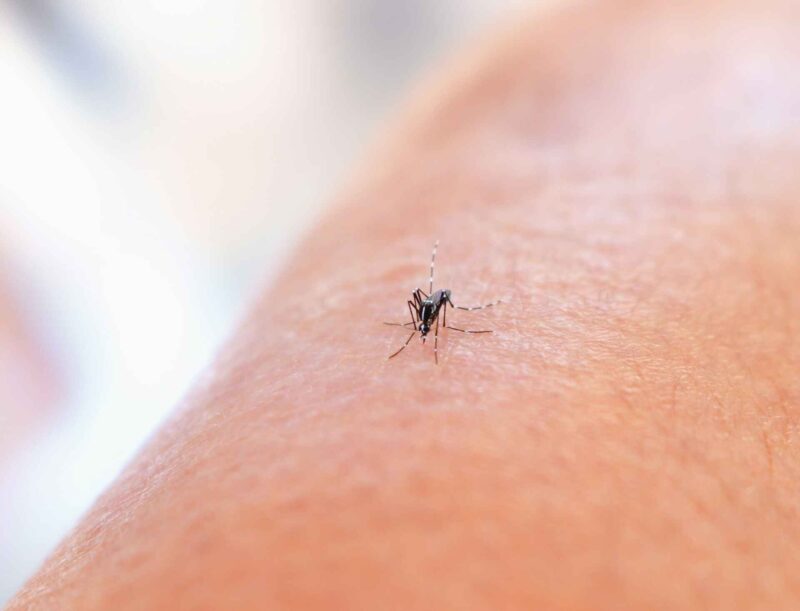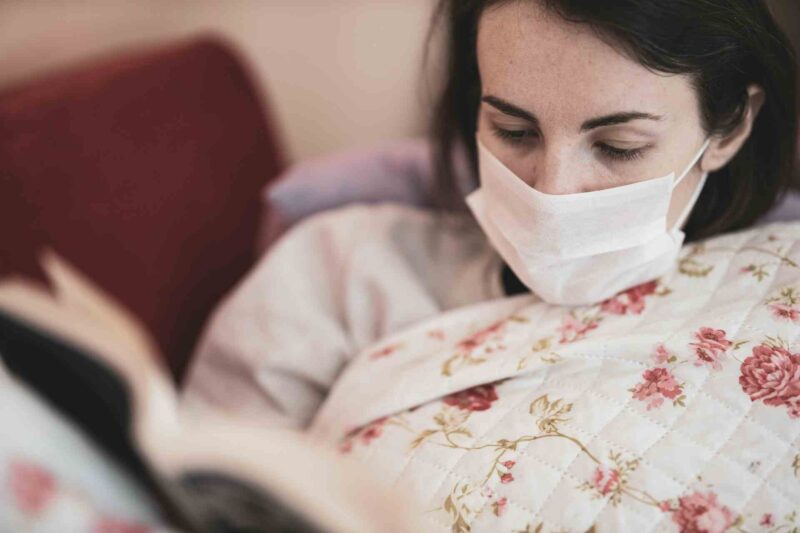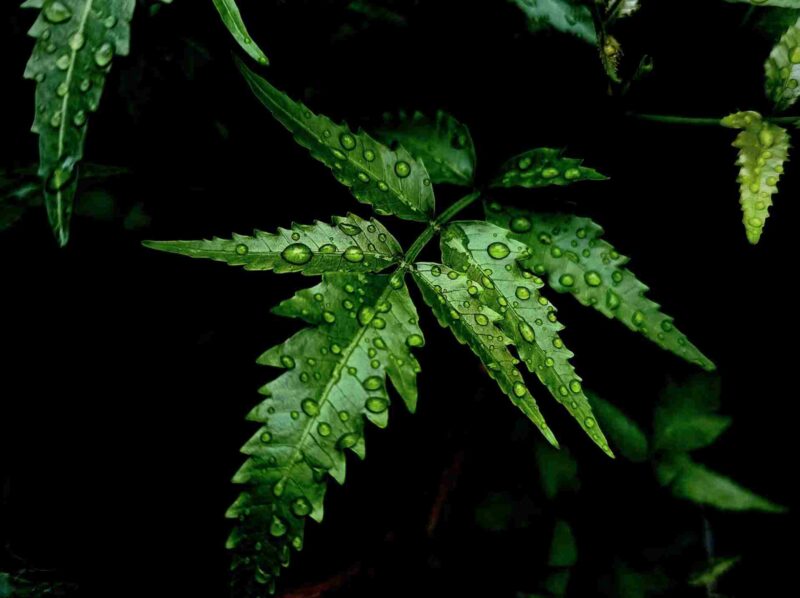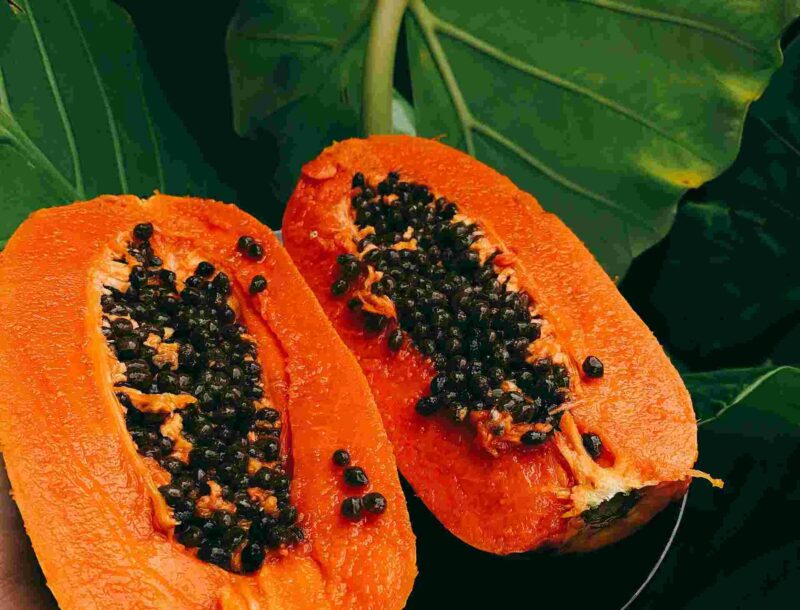Every year, as the rains arrive, the number of dengue cases begins to climb. A joyful season quickly turns risky when people fail to take proper care. And this is what makes the rainy season more crucial to treat dengue fever at the right time.
Dengue spreads rapidly through mosquito bites, affecting thousands of people every year. Early care, prevention, and awareness play a big role in reducing its impact.
Dengue in India experiences a sharp rise during the rainy season, affecting thousands of people every year. Moreover, dengue in Delhi, Mumbai, and Bangalore – the big metro cities often records the highest number of cases.
In this blog, we’ll explore 10 home remedies to protect yourself, identify symptoms, and effectively treat dengue fever.
What Exactly Is Dengue Fever?
Dengue fever is a viral illness that the infected Aedes mosquito spreads when it bites you And yeah, it mostly happens in the monsoon, so you better take care these days. It causes high fever, body pain, headache, and tiredness.
It can affect anyone, but with care you can treat dengue fever at home in mild cases and prevent serious problems.
How To Prevent Dengue Fever
1. Remove Stagnant Water
Msquitoes mostly breed in stagnant water, so always remove it. Check buckets, coolers, and small pots regularly, and this way you stop mosquitoes from multiplying
2. Change Stored Water Often
Mosquitoes also lay eggs in stored water, so change it every two to three days, and this way you can prevent dengue mosquitoes from growing around your home.
3. Wear Full-Sleeved Clothes
Always wear clothes that cover your arms and legs, especially during mornings and evenings, so mosquitoes cannot bite easily. Although this step is simple, it is very effective in stopping mosquito bites.
4. Use Mosquito Nets and Repellents

Use mosquito nets and repellents as extra protection, and this way you reduce the chances of getting mosquito bites. Moreover, such steps are more useful in areas where dengue cases rise quickly.
5. Keep Surroundings Clean
Dirty and damp surroundings allow mosquitoes to live easily. Avoid garbage and waterlogging, and by keeping the area dry and clean, you can prevent the spread of dengue fever from the very beginning.
What Are the Symptoms of Dengue Fever?

Although the symptoms remain the same everywhere, the rise of dengue in South East Asia and urban areas of India makes early recognition even more important.
Recognizing the early symptoms of dengue fever can be very helpful, as quick action can prevent the illness from getting worse.
1. High Fever
A sudden rise in body temperature appears first, and because the fever comes quickly, you must not ignore it.
2. Severe Headache
You often feel a strong pain in the forehead, and if the headache continues, you should seek medical help.
3. Pain in Joints and Muscles
Dengue often causes pain in bones, joints, and muscles, and that is why people sometimes call it ‘breakbone fever.’
4. Nausea and Vomiting
You may feel uneasy in the stomach or vomit again and again, and therefore it is important to give plenty of fluids.
5. Skin Rash
People often notice red spots or rashes on the skin. Moreover, these are clear signs that dengue may be present.
6. Pain Behind the Eyes
People often feel a sharp pain behind the eyes. As a result, even small movements of the eyes may feel uncomfortable.
7. Tiredness and Weakness
You often feel extreme tiredness, and weakness can last for days, so it is important to take enough rest.
10 Home Remedies to Treat Dengue Fever
1. Neem Leaves

People widely use neem leaves in traditional medicine, and they believe it boosts immunity. Therefore, drinking water boiled with neem leaves supports the body during dengue.
2. Kakamachi (Black Nightshade)
Ayurveda practitioners use Kakamachi for dengue fevers, and they also say it protects the liver. In addition, it may help reduce body pain and weakness during the illness.
Here’s a simple way to use Kakamachi to treat dengue fever…
Boil a few fresh kakamachi leaves in water for 5–10 minutes, and then strain it. Drink this decoction warm once or twice a day for relief during dengue.
3. Papaya Leaf Juice

Papaya leaf juice is one of the most popular remedies. Because people believe it raises platelet count, they often give it to help treat dengue fever naturally.
How to make
Take a few fresh papaya leaves, wash them well, and crush or blend to extract the juice. Strain it and drink 1–2 tablespoons once or twice a day.
Besides dengue, papaya has many life-saving health benefits you should know. Read our full blog on papaya health benefits to learn more.
4. Giloy (Guduchi)
Giloy is considered an immunity booster in Ayurveda. When consumed as tea or juice, it reduces fever and provides strength during recovery.
Giloy Tea Recipe
• Cut fresh giloy stem into small pieces.
• Boil in 2 cups of water till half remains.
• Strain and drink warm.
5. Staying Hydrated
Water and fluids must always be taken in large amounts. Because dehydration is common in dengue, proper hydration is essential for faster healing.
6. Fenugreek (Methi) Juice
Fenugreek juice is prepared from soaked or boiled leaves. It is believed to bring down fever and also allow the body to rest better.
7. Basil (Tulsi) Leaves
Basil leaves are boiled in water and taken as tea. Moreover, this tea is believed to improve immunity and protect the body from infections.
8. Karela (Bitter Gourd)
Karela boosts immunity and helps fight infections. Boil sliced karela in water, strain, and drink once a day to support recovery during dengue.
9. Dudhi (Bottle Gourd)
Dudhi helps cool the body and supports recovery during dengue. Peel and chop it, then boil or blend to make juice, and drink once a day. Including dudhi in your diet can help you feel refreshed and aid your immunity naturally.
10. Turmeric Milk
Turmeric milk boosts immunity and fights infections. Warm milk, add a pinch of turmeric, and drink daily to support recovery during dengue.
How To Medical Treatment Dengue Fever
When dengue turns serious, hospital care is often needed. Since there is no direct cure, doctors mainly give supportive care to manage symptoms and avoid complications. Here are the common treatments:
• Supportive Care in Hospital
Doctors keep patients in safe conditions and provide continuous care so that they can manage fever, pain, and weakness effectively.
• Intravenous Fluids and Electrolyte Replacement
Because dehydration is common in dengue, fluids and electrolytes are given through IV drips. As a result, the body stays balanced and active recovery is supported.
• Blood Pressure Monitoring
Blood pressure is checked again and again, since a sudden drop can be harmful. Therefore, careful monitoring is always done in hospitals.
• Platelet Count Monitoring
Doctors perform blood tests regularly and observe platelet levels closely. If the count falls too low, they take extra medical steps.
• Pain and Fever Control
Doctors usually give paracetamol to control pain and fever. However, they avoid medicines like aspirin or ibuprofen because these can increase bleeding risks.
Frequently Asked Questions (FAQs)
Can dengue fever come back again after recovery?
Yes, dengue can happen more than once, because there are four different virus types. The body gains immunity only against the type it has already faced.
Is dengue contagious from one person to another?
No, dengue does not spread directly from person to person. It spreads only through the bite of an infected mosquito.
How long does it take to treat dengue fever?
Most people recover in about one to two weeks. However, recovery time depends on overall health and the severity of the infection.
Which fruits are good for dengue patients?
Doctors often recommend fruits like papaya, pomegranate, guava, and kiwi. They are rich in vitamins and can help improve platelet count and energy.
What is the difference between malaria and dengue?
A parasite spreads malaria through mosquitoes, while a virus causes dengue. Both cause fever, but their treatments are different.
Why is dengue so common in India and South East Asia?
Warm weather, heavy rains, and stagnant water make perfect conditions for mosquitoes. As a result, cities like Delhi, Mumbai, Bangalore, and Kuala Lumpur often see high numbers of dengue cases every year.






